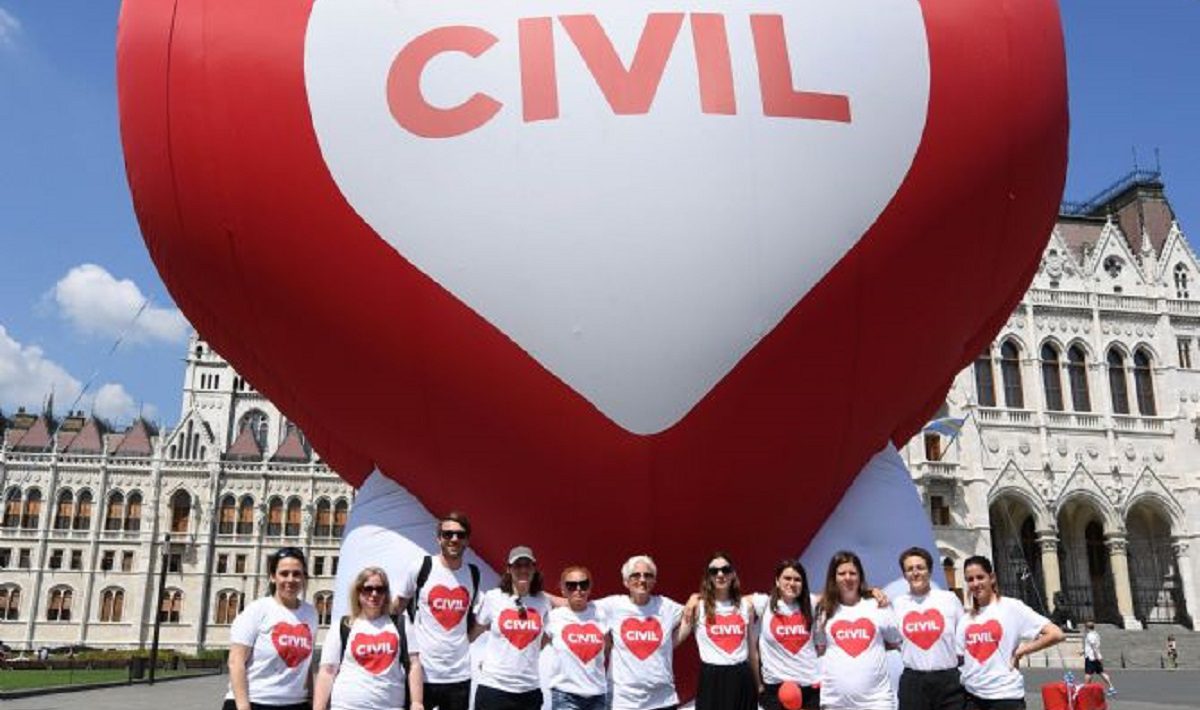• Amnesty International Hungary Director available for interviews at the debate
Ahead of a European Parliament debate on the state of the rule of law and fundamental rights in Hungary, Dávid Vig, Director of Amnesty International Hungary, said:
“The erosion of fundamental rights in Hungary, including a crackdown on dissenting voices, continues apace.
“Last November, 476 media outlets were merged into one giant pro-government media conglomerate. Meanwhile, a new administrative court system – which falls under the heavy influence of the Minister of Justice – will allow politicians to interfere in the judiciary and undermine its independence.
“Members of the European Parliament showed their support for the Hungarian people when they triggered Article 7 proceedings back in September and called for the government to comply with the EU’s founding principles of justice and human rights.
“We are now counting on European member states to ensure that the Hungarian government cannot continue to undermine the rule of law and fundamental rights with impunity.
The Romanian Presidency of the Council of the EU must present a clear plan for member states to defend those founding principles.”
Dávid Vig, Director of Amnesty International Hungary
For more information or to arrange an interview, contact Amnesty International press office on [email protected] +32 2 548 27 73 or +32 483 680 812
The debate is expected to take place at just after 15.30 on Wednesday 30 January 2019.
Background
On 12 September 2018, the deteriorating situation human rights situation in Hungary prompted the European Parliament to adopt a report triggering the proceedings under Article 7.1 of the Treaty of the European Union.
The report stated the need to activate Article 7.1 because of the “clear risk of a serious breach” of the EU founding principles by Hungary. This was based on serious concerns related to the functioning of the constitutional system, the independence of the judiciary, freedom of expression, freedom of association, the rights to equal treatment, the rights of persons belonging to minorities, including Roma and Jews, the fundamental rights of migrants, asylum-seekers and refugees, and more.
Following the adoption of the report by the EP it is now on the agenda of the Council for them to consider.


